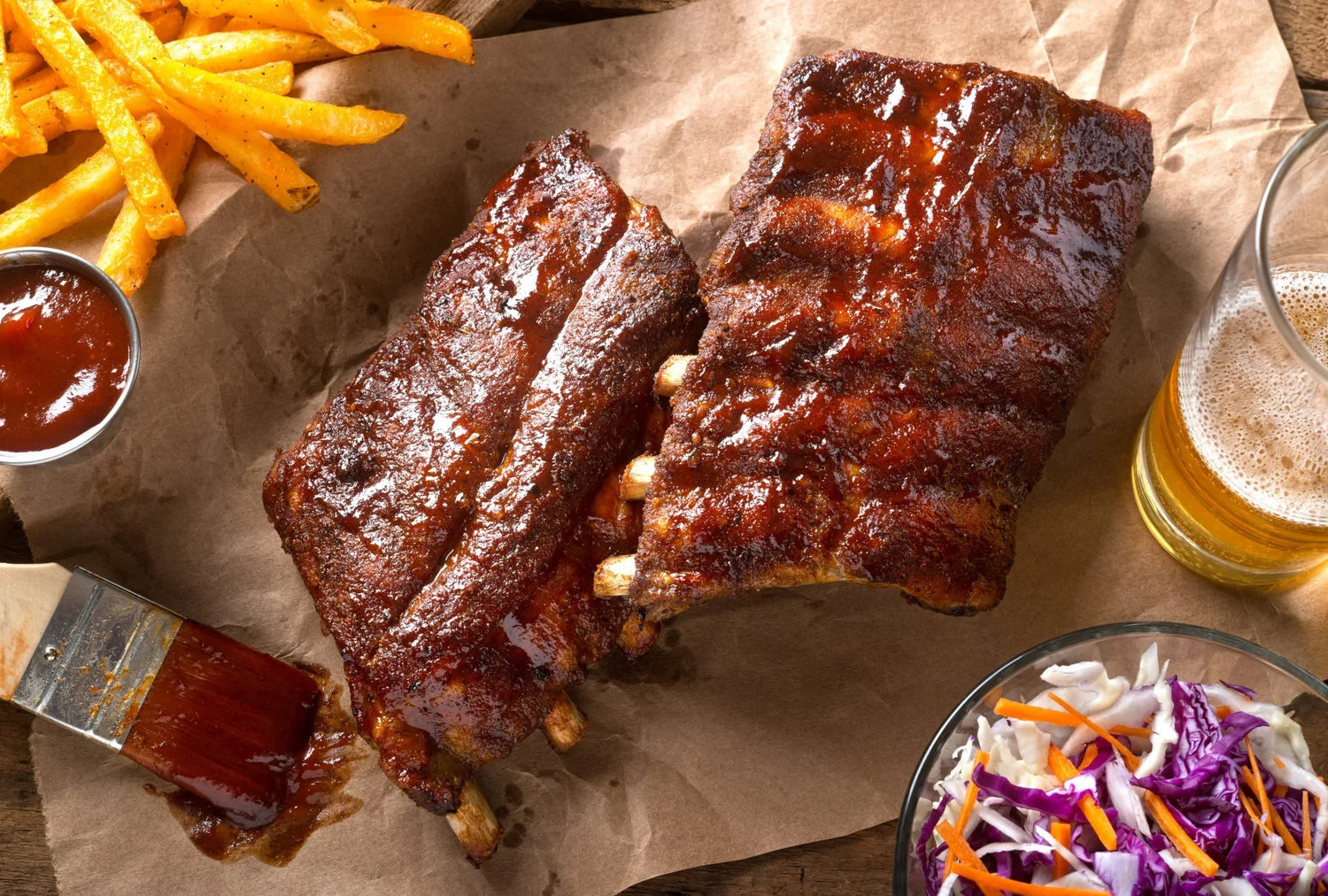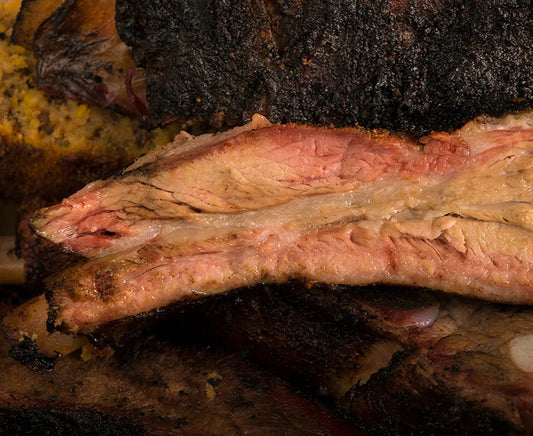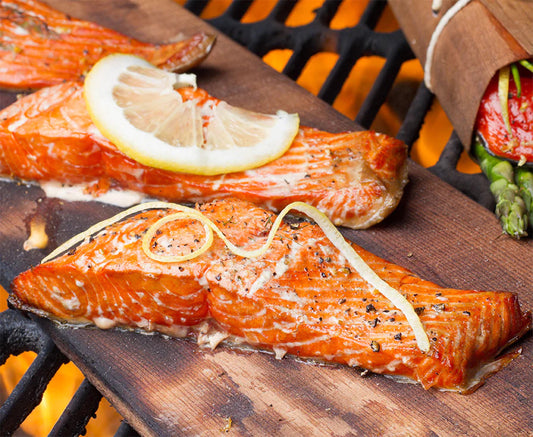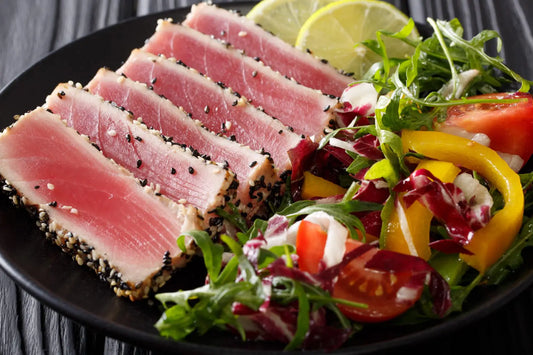Pork ribs are some of the most delicious foods out there. When cooked the right way and at the right temperature and amount of time, these scrumptious ribs can go head to head with almost anything on the menu. Pork ribs, however, have their differences, and the two main differences are how they are cut.
When you divide pork ribs horizontally, you get two main cuts: baby back ribs or spare ribs, and they can be pretty different. Let’s take you through the differences between them and finally put this debate to bed so you know which kind of pork ribs to smoke at home.
Baby Back Ribs

As with any animal, the ribs are connected to the backbone. This is where baby back ribs come from, curved up to meet the spine under the loin muscle. These ribs are generally shorter than spare ribs, hence the name “baby back ribs.” They start at around 6 inches and can come down all the way to 3 inches on the short end.
Baby back ribs can also come with about half an inch of meat on top; however, this mostly depends on how the ribs are butchered. Baby back ribs tend to be more tender than spare ribs.
When it comes to pricing, baby back ribs also tend to cost more. A rack can weigh about 2 pounds, with about 1 pound being bone. However, for that much, one rack can be enough for an adult.
Spare Ribs

Moving onto the second option: spare ribs. Spare ribs are usually cut from where the baby back ribs end and run along to the pig’s breast bone. The side of the ribs where they are exposed is where they meet the baby backs. As for the other side, this is where the rib tips are found. This is a flap of meat that usually consists of cartilage and some smaller bones inside. When comparing the two, spare ribs tend to have more meat between the bones; however, they tend to have less meat on top.
Spare ribs also generally have more marbling, which is the amount of fat in the meat. Marbling can give them an extra kick of flavor. When talking about the physical aspects, spare ribs can weigh anywhere from 2.5 to 3.5 pounds. When compared to baby racks, these are longer and straighter as well as flatter. One rack of these is enough to feed 2 adults.
Smoking Both Ribs
Now that you understand the differences between the two, smoking ribs at home is easier than ever. When going out and looking for ribs at the grocery store, remember to look for pink color and a good amount of marbling throughout the meat. Marbling can also be found in baby backs, and the rendered fat adds to the juicy flavor. When seasoning either of the ribs, remember to note the amount of salt you add. The amount of salt you use will depend on the weight of the ribs.
Furthermore, you can also add some mustard and sugar to the coating as well. The sugar helps in caramelization and gives the ribs a great flavor. Either way, these are two of the most popular ways to eat pork ribs. When cooked, both can be exceptionally delicious in their own way. Since we’re talking about cooking tips, why not try fruitwood? Apple and cherry especially add an incredible amount of burnt and sweet flavor while smoking.

The meat should be around 205°F–210°F (96°C–99°C) when cooked. When checking the doneness, your thermometer should slide into the meat as if it were a block of room temperature butter. When talking about spare or baby backs, both are amazing, and it mostly comes down to personal preference. Generally, spare ribs tend to be meatier than baby backs, so if more meat is what you’re feeling, then your best option is spare ribs.
If you’re planning on heading to the grocery store significantly ahead of time, it’s best to remember that spare ribs can be refrigerated for up to 3 days. When it comes to baby backs, they can be refrigerated for up to 4 days. As for cooking temperatures, the United States Department of Agriculture (USDA) recommends cooking pork between at least 145°F–160°F (63°C–71°C) to be safe. That being said, if you cook it anywhere from 190°F–200°F (88°C–93°C), it tends to make the meat juicier and more tender.
In this episode of Smokin’ with Joe, we have a special guest, Wade Bradley! Watch this video to learn how to make some delicious spicy smoked pork ribs:
Final Thoughts
If you’re someone who likes the flavor of some mouth-watering marbling, then you should go with spare ribs. Otherwise, baby back ribs are packed with flavor and are extremely tender to eat and enjoy. For more great ideas on how to get the most out of your Bradley Smoker, check out the awesome articles on our Bradley Smoker Food Smoking Blog for more tips & tricks.




